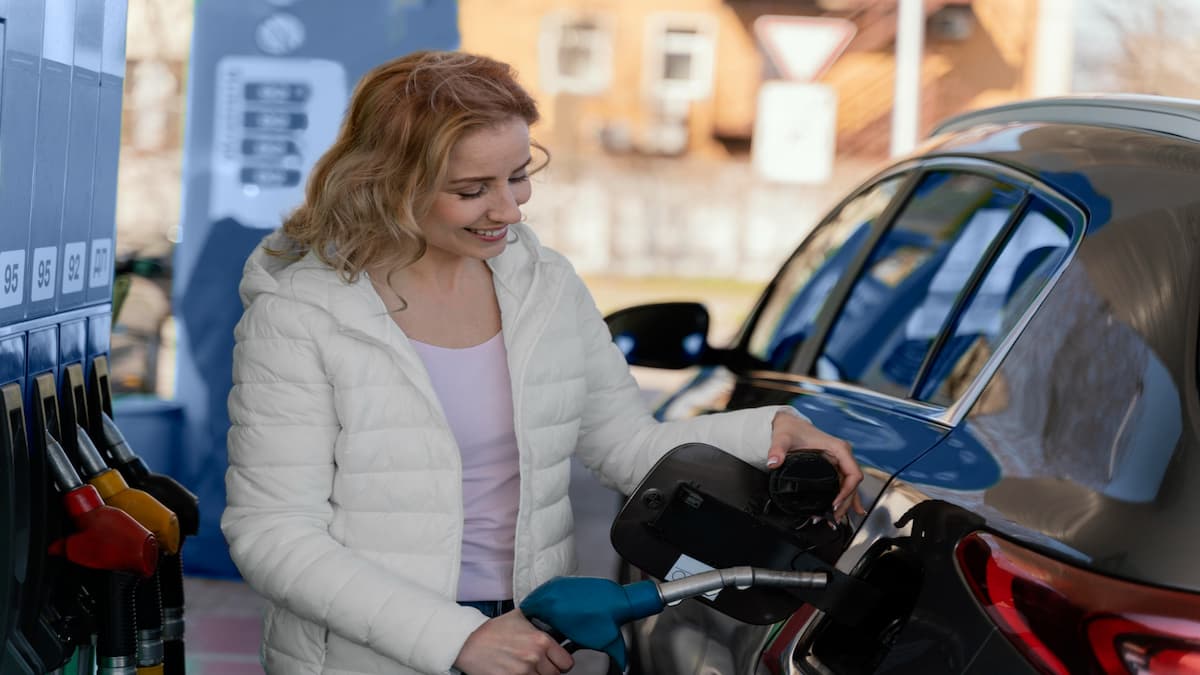Introduction
Improving fuel economy is not only about driving habits; strategic changes to your car can greatly increase efficiency and the performance of your car exhaust system. This is a thorough guide on vehicle upgrades and adjustments that will help to save fuel and lower environmental impact.
Improving Fuel Economy with Strategic Vehicle Modifications
Upgrade to Low Rolling Resistance Tires
Among the most important factors in fuel economy are tires. Low rolling resistance tires are meant to minimise the energy lost as the tire rolls, so lowering the effort required of your engine. Up to 3% fuel economy can be gained by changing to these tires. Maintaining correct tire pressure on a regular basis improves this effect even more since underinflated tires raise rolling resistance.
Invest in Aerodynamic Enhancements
How effectively your car moves through air depends much on aerodynamics. Drag can be lowered with side skirts, rear spoilers, or a front air dam. Aerodynamic caps or tonneau covers for the cargo area help trucks and SUVs maximise airflow. Especially at highway speeds, streamlining the undercarriage by adding smooth panels also helps reduce air resistance.
Use Lightweight Materials
Since the engine doesn’t have to work as hard when you light your vehicle’s weight increases fuel economy. Significant pounds can be cut by substituting aluminium or carbon-fibre alternatives for steel parts. For instance, lightweight wheels not only cut weight but also enhance handling and braking performance. Make sure that any replacements preserve the structural integrity and safety of the car.
Install an Engine Tuner or ECU Remap
Modern cars maximise engine performance by means of Electronic Control Units (ECUs). By varying air-fuel ratio, ignition timing, and throttle response, reprogramming or remapping your ECU can help maximise fuel economy. Certain tuners also allow one switch between performance and environmentally friendly modes, offering flexibility depending on driving conditions.
Upgrade to a High-Efficiency Air Filter
An ineffective or clogged air filter can reduce engine performance, so requiring more fuel. Reusable or cold air intake systems are among high-performance air filters that boost engine airflow and so increase combustion efficiency. This improvement increases engine responsiveness in addition to fuel economy.
Install a Fuel-Saving Exhaust System
Engine efficiency relies critically on the exhaust system. Changing to a high-performance exhaust system—a free-flow muffler or headers—can increase exhaust flow and lower back pressure. Better fuel economy follows from more effective engine running brought about by this. Furthermore beneficial, particularly for older cars, is a catalytic converter upgrade.
Use Low-Viscosity Engine Oil
Turning to synthetic or low-viscosity engine oil lessens engine friction, so improving efficiency. These oils flow more readily, which allows the engine to run with less effort. Following manufacturer advice on oil types and regular oil changes help to guarantee best performance.
Install a Start-Stop System
Starting and stopping systems found in many contemporary cars turn off the engine when idle and restart it as needed. Aftermarket systems can be fitted if your car lacks this capability. In metropolitan settings with regular stop-and-go traffic, this change is especially helpful in greatly lowering fuel consumption.
Replace the Stock Thermostat
By helping to preserve ideal engine running temperatures, a high-performance thermostat increases fuel economy. Operating engines either too hot or too cold reduces their efficiency, which increases fuel consumption. Upgrading a thermostat guarantees the engine remains in the combustion ideal temperature range.
Opt for Regenerative Braking Systems
Although hybrid and electric cars have regenerative braking mostly, some systems can be fitted for conventional cars. Usually lost as heat during braking, regenerative braking uses the energy to recharge the battery, so lessening the engine’s running load and fuel consumption.
Use Advanced Battery Technology
Installing a dual-battery system or upgrading to a high-capacity battery will help to lower reliance on the alternator, thus enhancing fuel economy. More efficient than conventional lead-acid batteries, lithium-ion or AGM (absorbent glass mat) batteries offer longer life and better performance.
Upgrade the Transmission System
Fuel economy can be raised by transmission changes including increasing final drive ratio or switching to a more efficient automatic transmission. Modern dual-clutch systems and continuously variable transmissions (CVTs) maximise engine performance by maintaining it in the most effective power band.
Conclusion
Strategic vehicle changes can greatly affect fuel economy, enabling drivers to save money and lower their environmental impact. Simple improvements like low rolling resistance tires or more complex solutions like hybrid retrofits will clearly affect you. Combining these changes with good driving habits will maximise advantages and help to create a more sustainable future.
Visit Daily News for more informative blogs






